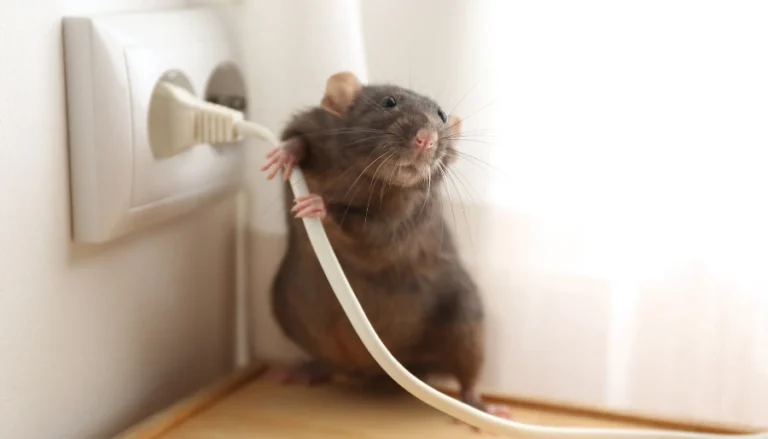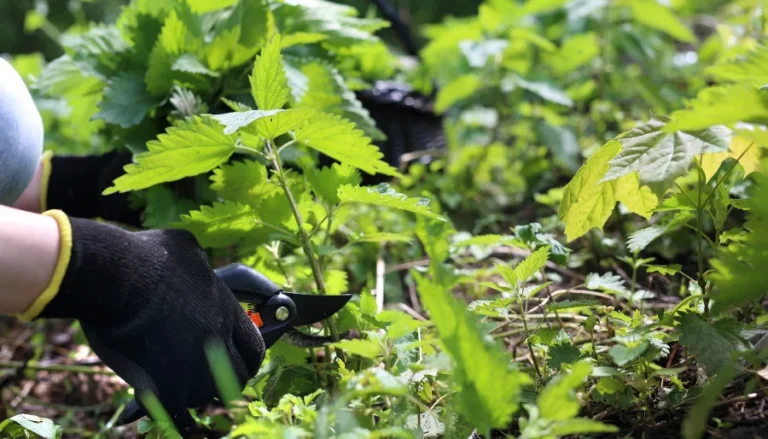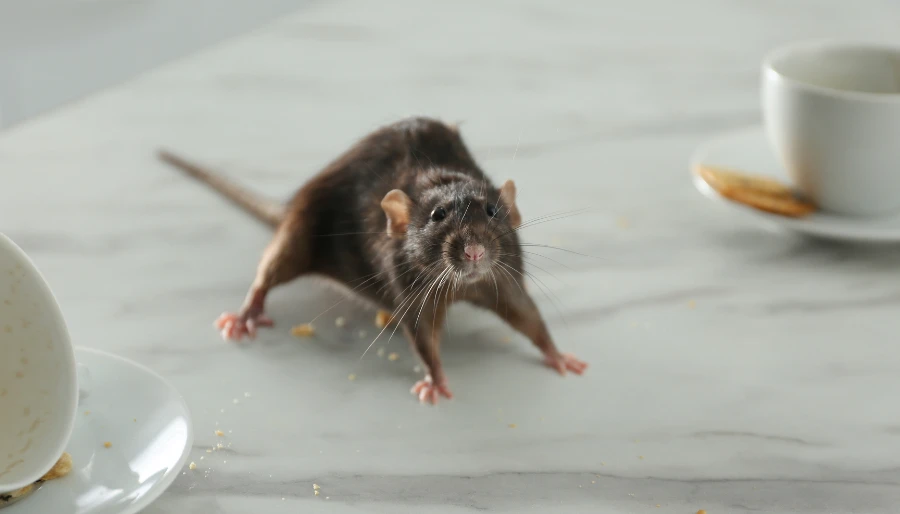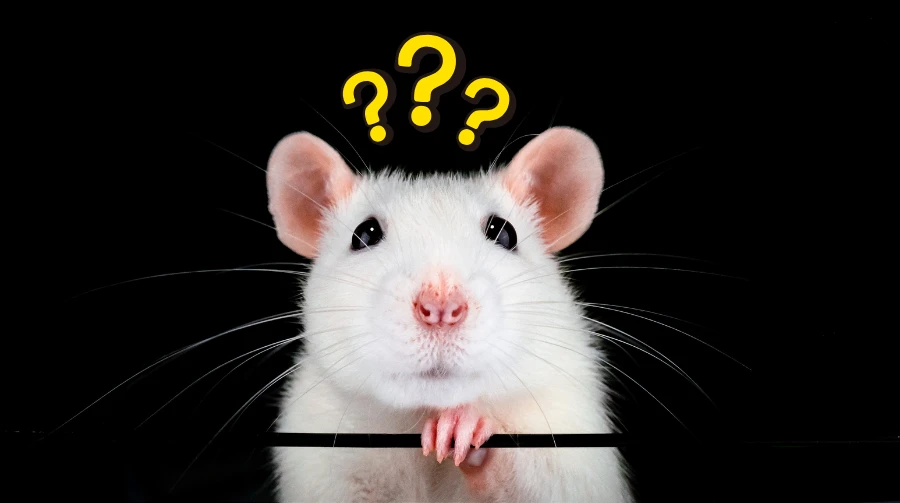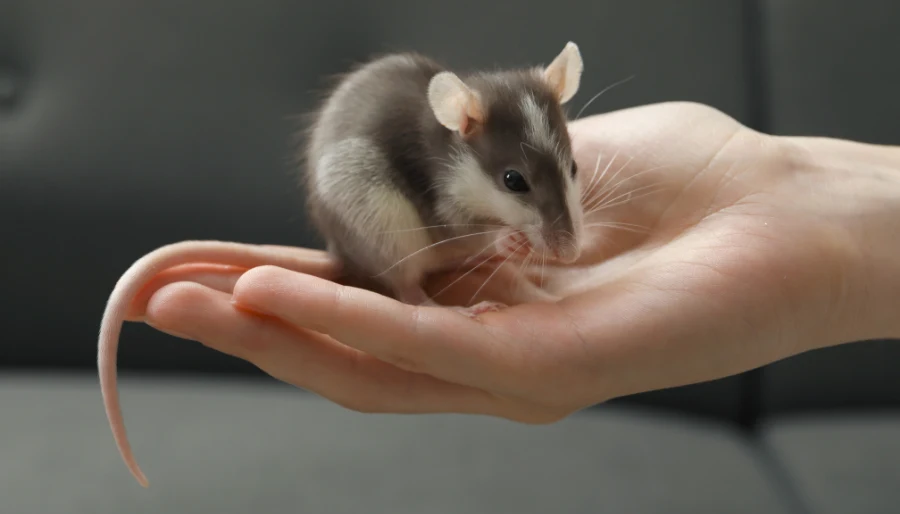Greenwashing is a murky world filled with shades of gray, where companies attempt to appear eco-friendly while hiding their true environmental impact.
To help you navigate this labyrinth, we’ve identified the seven core sins of greenwashing.
These sins act as a compass, guiding us toward genuine sustainability and enabling us to spot when companies are pulling the wool over our green-loving eyes.
Let’s delve into each sin, it won’t take long!
The Sin of Hidden Trade-Off
This sin occurs when a company highlights certain positive environmental aspects while conveniently diverting attention from other significant negative impacts.
It’s like showcasing a product’s recycled packaging while ignoring its excessive carbon footprint.
One notorious example is an electronics company that boasts about using sustainable materials in its devices, but neglects to mention the hazardous chemicals released during production.
The Sin of No Proof
Here, claims are made without any verifiable evidence. It’s all talk and no walk.
Consider a household cleaner claiming to be eco-friendly without providing any certifications or third-party testing to support the claim.
We’re left wondering if it’s truly safe for the environment or just a marketing ploy.
The Sin of Vagueness
This sin relies on using broad, misleading terms such as “pure,” “natural,” or “organic” without specifying the extent or standards of these qualities.
It’s like slapping an “organic” label on a food product without mentioning the extent to which it meets organic certification requirements. It leaves consumers in a haze of uncertainty.
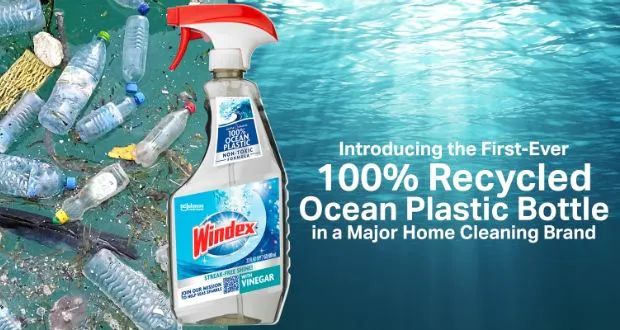
Windex Ocean Plastic Claim Isn't What You Assume
In the ad above, SC Johnson’s Windex Vinegar Ocean Plastic bottle claims to be the world’s first window-cleaner bottle made from 100% recycled ocean plastic. Impressive, right?
Unfortunately, the “ocean plastic” claim is more than misleading.
In truth, the plastic for those bottles isn’t directly retrieved from the ocean like you’d imagine and like the company wants you to assume. Instead, they sourced it from plastic banks in Haiti, the Philippines, and Indonesia.
These are places where they pay poor locals next to nothing to collect plastic from land that may end up in the ocean. It’s what they call “ocean-bound plastic.”
Recycling expert, Vytas Gruodis, said in an interview that some brands go overboard with their claims, making people think they’re fishing out plastic from the ocean, bottle by bottle. But that’s just not practical or realistic on a large scale. The sun and salt degrade ocean plastic, making it useless for recycling.
So, while the Windex bottle is still made from recycled plastic and helps reduce ocean pollution, it’s far from “ocean plastic” and doesn’t elevate the company above their competitors on the eco-care scale as much as they’d like you to believe.
The Sin of Irrelevance

Companies commit this sin when they make green claims that are either insignificant or made solely to comply with regulations.
Imagine a fast-food chain touting its eco-friendly napkins while completely ignoring the environmental impact of its beef production. It’s an attempt to distract us from the bigger picture.
The Sin of Lesser of Two Evils
This sin occurs when a company highlights a positive aspect within a particular context while ignoring its overall negative impact on the environment.
A car manufacturer claiming improved fuel efficiency in one model while neglecting to mention its continued production of gas-guzzling SUVs is a prime example. It’s a deceptive trade-off.
The Sin of Fibbing
Plain and simple, this sin involves making outright false green claims. It’s like a fashion brand advertising its garments as “100% sustainable” when, in reality, they’re made from conventional materials without any consideration for the environment.
It’s a blatant betrayal of trust.
The Sin of Worshiping False Labels
In this sin, companies create a false image of environmental friendliness by using fake labels and certifications. They deceive consumers by displaying green badges that hold no real substance.
For instance, a cleaning product brand claiming to be endorsed by an eco-certification that doesn’t exist is guilty of this sin.
These sins reveal the diverse tactics companies employ to greenwash themselves, sometimes unintentionally and other times deliberately.
It’s important to note that not all sins are created equal, and some can be harder to spot than others.
Additionally, each industry has its own nuances when it comes to eco-friendliness.
More To Discover
In future articles, we’ll take a closer look at two specific industries: fashion and food. By exploring these industries in detail, we’ll gain a better understanding of how greenwashing manifests itself and how we, as savvy consumers, can separate the genuinely sustainable from the deceptively green.
So, stay tuned for more eye-opening revelations in our journey to unmask the greenwashing sins that lurk within these industries.








